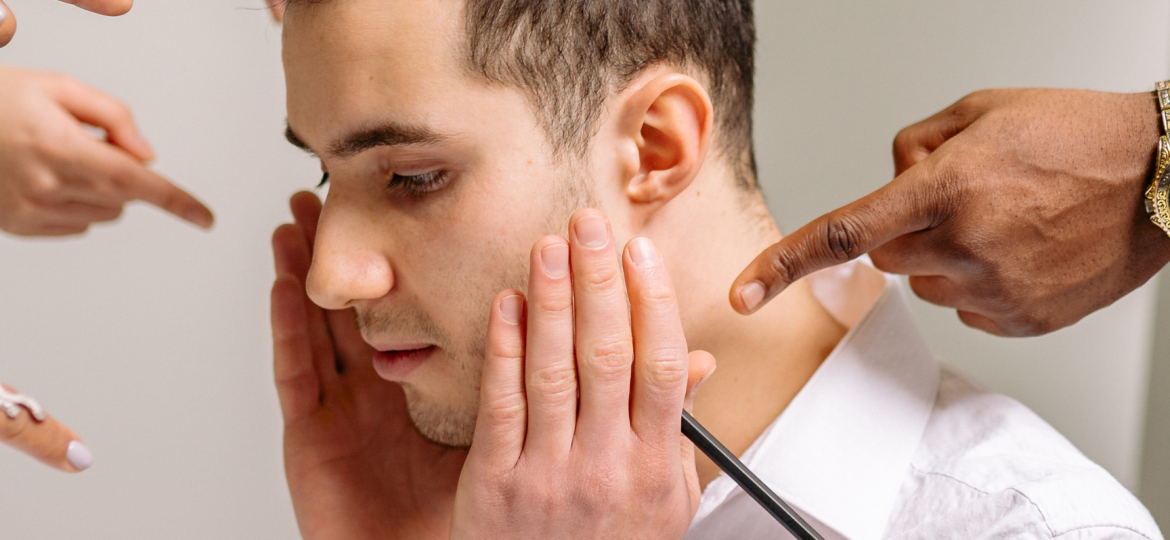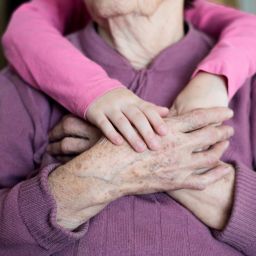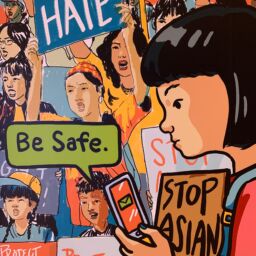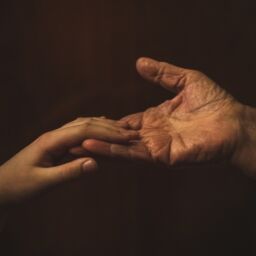
The Hidden Victims—Male Survivors of family abuse and neglect
BY: Lorena black
Male survivors of Family Abuse and neglect often remain in the shadows, their stories untold and their struggles overlooked. These hidden Victims face unique challenges as they navigate the complexities of their experiences, often battling societal stigma and a lack of support. As awareness grows, it is crucial to shine a light on their plight and advocate for the resources they need to heal and thrive.
In conversations surrounding Family Abuse, it is crucial to highlight that the experiences of male Victims often go unnoticed. Societal expectations that link masculinity to strength and emotional toughness play a significant role in the marginalization of male Survivors. Research indicates that men who endure Child Abuse or Domestic Violence encounter significant psychological, social, and economic repercussions, according to a study by Douglas and Hines conducted in 2011. The stigma associated with male victimization continues to hinder countless individuals from reaching out for support, thereby perpetuating a troubling cycle of abuse and silence.
Exploring the Role of Male Victims in Domestic Violence Dynamics
In a surprising twist to widely held beliefs, it has been revealed that men face Domestic Violence at alarming rates. Recent studies indicate that approximately one in four men encounters some type of intimate partner violence, according to research conducted by Smith and colleagues in 2018. Societal perceptions surrounding male strength frequently result in skepticism when men come forward to report abuse. Legal and support systems, which are often tailored to assist female Victims, frequently fall short of delivering sufficient resources for male Survivors. Exploring the profound impact of Child Abuse, we delve into the long-term effects it has on men. This critical issue sheds light on the psychological and emotional challenges faced by those who have endured such trauma, highlighting the need for awareness and support in addressing these lasting scars.
Research indicates that men who endure abuse during childhood are at a heightened risk for various mental health challenges. These include conditions such as depression, post-traumatic stress disorder, and substance abuse issues, according to a study by Finkelhor and colleagues in 2014. Numerous individuals face challenges in managing their emotions, largely influenced by cultural norms that often stigmatize emotional openness. Male Survivors often display externalizing behaviors, including aggression and risk-taking, rather than seeking help. This pattern, as noted by Easton et al. in 2013, can result in additional social and legal repercussions.
Challenges in Accessing Support and the Urgent Call for Gender-Inclusive Services
One significant challenge facing male Survivors is the absence of support services that are inclusive of all genders. Numerous Domestic Violence shelters, counseling programs, and legal protections have been established primarily to support female Victims. Concerns about stigma and skepticism continue to deter men from coming forward to report instances of abuse. To tackle these issues, it is essential to broaden services that recognize male victimization while also confronting stereotypes that link masculinity to emotional invulnerability.
The oversight of male Survivors in conversations surrounding abuse significantly undermines initiatives aimed at tackling Domestic Violence and childhood maltreatment. In a significant move towards inclusivity, experts emphasize the importance of acknowledging and validating male victimization. This approach is deemed crucial for the development of effective support systems that cater to all individuals. By confronting societal norms and enhancing resources for male Survivors, we can guarantee that every Victim receives the necessary support they deserve.
We support your healing journey towards complete well-being. We bring solutions and real-time education for 28 different abuse types including Narcissism, Sexual, Physical, Psychological, Financial, Child, Self, Cyberbullying (Including Online Abuse), Bullying, Spousal, Workplace, Elderly, Isolation, Religious, Medical, Food, Authority, Educational, Child Sexual Exploitation, Sex Trafficking, Political, Weather and we’ve added six services and protocols including Norm Therapy® for PTSD, Educators, Police, Prisons, Suicide, and Military. Support our efforts by visiting AbuseRefuge.org and NormTherapy.com to sign up for Norm Therapist® Training to become one of our dynamic staff members who serve Victims and Survivors of abuse worldwide, schedule Norm Therapy® sessions, become a Live Stream volunteer, join our mailing list to learn how you can make an impact on the Abuse Care Community, and provide life-saving financial assistance with a generous donation.
Sources
Douglas, E. M., & Hines, D. A. (2011). The help-seeking experiences of men who sustain intimate partner violence: An overlooked population and implications for practice. Journal of Family Violence, 26(6), 473-485.
Easton, S. D., Coohey, C., Rhodes, A. M., & Moorthy, M. V. (2013). Posttraumatic growth among men with histories of childhood sexual abuse. Child Maltreatment, 18(4), 211-220.
Finkelhor, D., Turner, H., Ormrod, R., & Hamby, S. (2014). Polyvictimization in a national sample of children and youth. Child Abuse & Neglect, 33(7), 403-411.
Smith, S. G., Zhang, X., Basile, K. C., Merrick, M. T., Wang, J., Kresnow, M., & Chen, J. (2018). The National Intimate Partner and Sexual Violence Survey (NISVS): 2015 Data Brief—Updated Release. National Center for Injury Prevention and Control, Centers for Disease Control and Prevention.
















